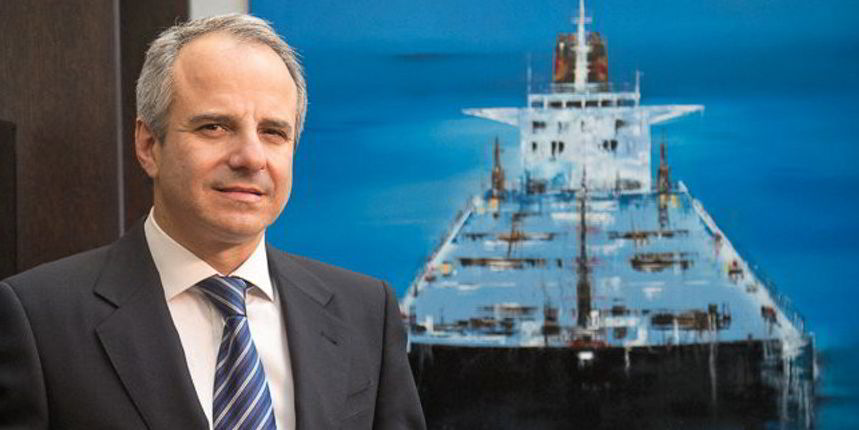Greece’s Pyxis Tankers has blamed rising asset prices for making the addition of secondhand ships tricky.
Chief executive Valentios Valentis said in the Nasdaq-listed product carrier owner’s annual results statement: “Given the current high asset value environment, it continues to be very challenging to develop viable opportunities for fleet expansion, especially for the purchase of modern eco-efficient MRs.”
Pyxis will maintain its disciplined approach to capital allocation “until more attractive situations materialise which may further enable us to enhance shareholder value”.
Valentis said available cash combined with modest bank debt should provide the funds and flexibility to pursue strategic initiatives at the right time.
“Over the near term, we expect to continue to use free cash flow to further increase balance sheet liquidity and reduce leverage,” he added.
Denmark’s Torm announced a deal to acquire three MRs for $97m on Thursday, but these are 10-year-old units.
Pyxis has managed to sell a ship this year, however.
The 50,100-dwt Pyxis Malou (built 2009) has gone to an unnamed UK buyer for $24.8m in cash.
Cash proceeds from the deal of $18m will be used for general corporate purposes, including additional debt repayment. The profit will be $8m.
Fourth-quarter net earnings at Pyxis were $6.7m, against a loss of $5.4m in the same period of 2021.
Revenue grew from $8.1m to $18.4m year on year.
Rates down so far in first quarter
The company’s five eco MRs are employed under a mixed chartering strategy of short-term time charters and spot voyages.
The average MR time charter equivalent rate was $33,182 per day in the final three months, 281% higher than the year before. Daily operating expenditure per ship is $6,672.
“Positive momentum has continued into 2023, indicating another buoyant year,” Valentis said.
As of 14 March, 80% of the available days in the first quarter have been fixed at $28,000 per day on average.
Increasing mobility in many parts of the world has resulted in solid demand for transport fuels, the CEO said, and modest inventories of many petroleum products combined with the war in Ukraine have led to continued market dislocation.
Effects have included arbitrage opportunities, shifting trade patterns and tonne-mile expansion of seaborne cargoes that supported strong chartering activity.
“We expect charter rates to stay at solid levels,” Valentis said.






